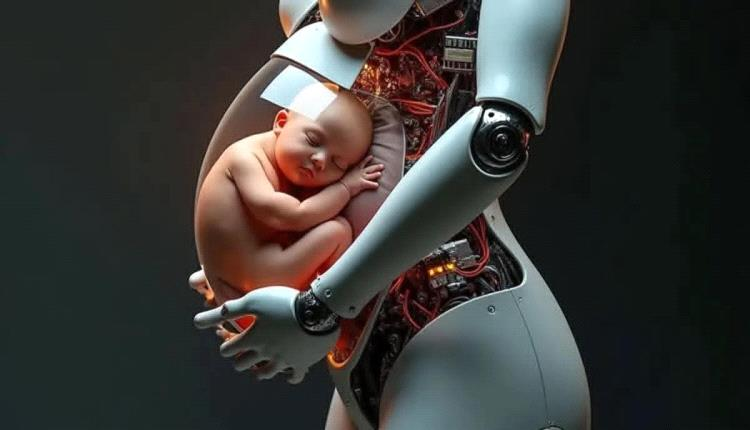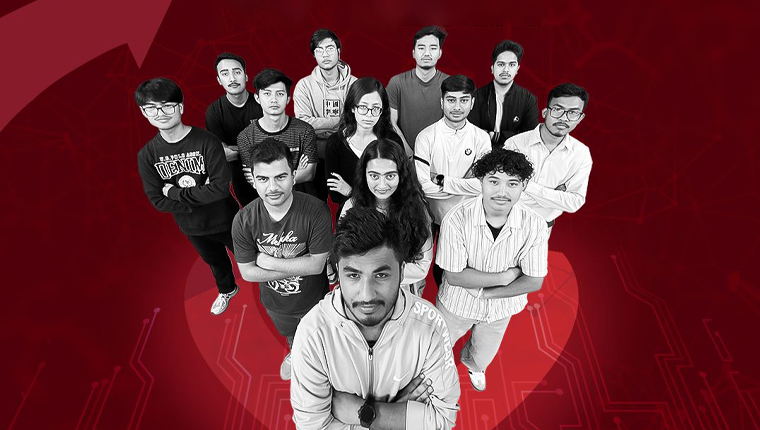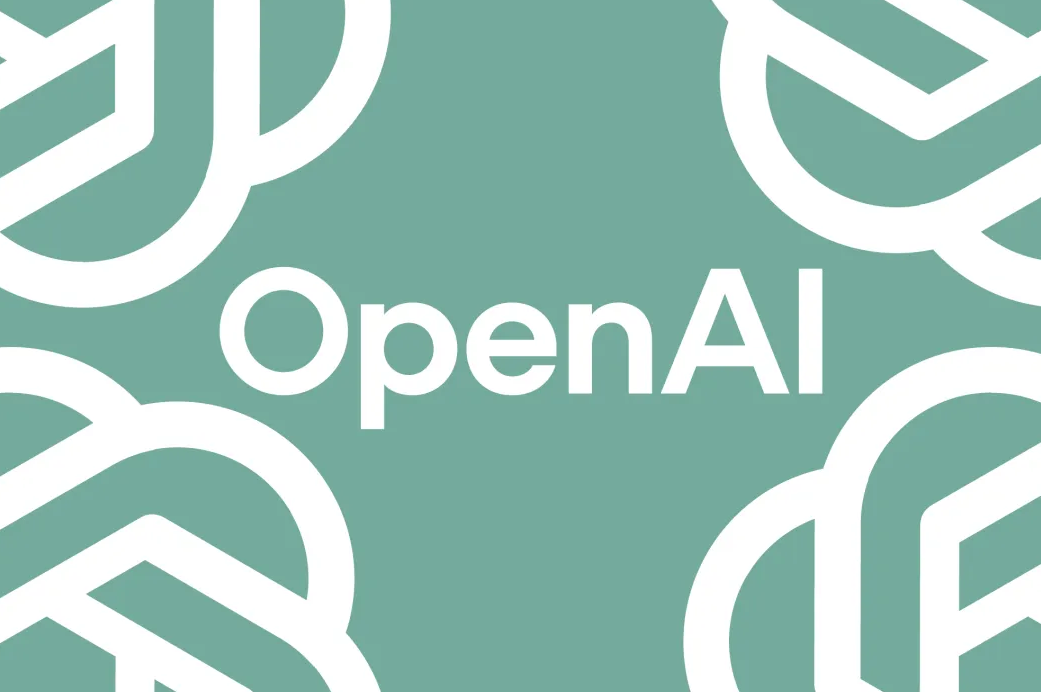
China Tech CEO Unveils Pregnancy Robot With Artificial Womb
At the 2025 World Robot Conference in Beijing, Dr. Zhang Qifeng, the founder of Kaiwa Technology, unveiled plans for a humanoid "pregnancy robot" that has an artificial womb that would complete an entire gestation. Dr. Zhang stated that a prototype would be working by 2026 and this project positions the pregnancy robot as a cheaper version for couples affected by infertility, at a cost of about 100,000 yuan (~$14,000); a price far cheaper then surrogacy in the U.S. which can be more than $100,000.
Dr. Zhang claimed that the technology of an artificial womb is in a mature state. The next step is integrating the artificial womb into the torso of the robot along with the nutrient system that will sustain the embryo through tubing. There were no details provided on the key technical aspects of fertilization, embryo implantation, and delivery methods, which are still in progress.
The project has sparked considerable ethical, legal, and social debate. Provincial officials in Guangdong and relevant legislatures are in discussions about possible ramifications, and policy-related scenarios. The public response has been polarized. Some see it as a liberating move that can lessen the physical burden of pregnancy, while others see it as a chill mechanization of human life with unpredictable social repercussions.
The development also portrays some of the larger demographic and policy challenges in China. Lower birth rates and surrogacy restrictions means less options are available, creating demand for alternative means of reproduction. Proponents of the pregnancy robot suggest it would assist and support couples requiring assistance in coping with infertility, and is concerned about medical risks. Opponents of the technology claim the long term questions pertaining to emotional bonding, legal parenthood and the definition of motherhood. Other concerns about the psychological welfare of children born from the process also persist.
In a society where technology and politics intersect, the pregnancy robot raises issues about a more expeditious response to innovation, other ethical imperatives, and/or cultural values. If the pregnancy robot is adopted broadly, or simply remains a controversial experiment may depend chiefly on regulation, safety, and public acceptance.








